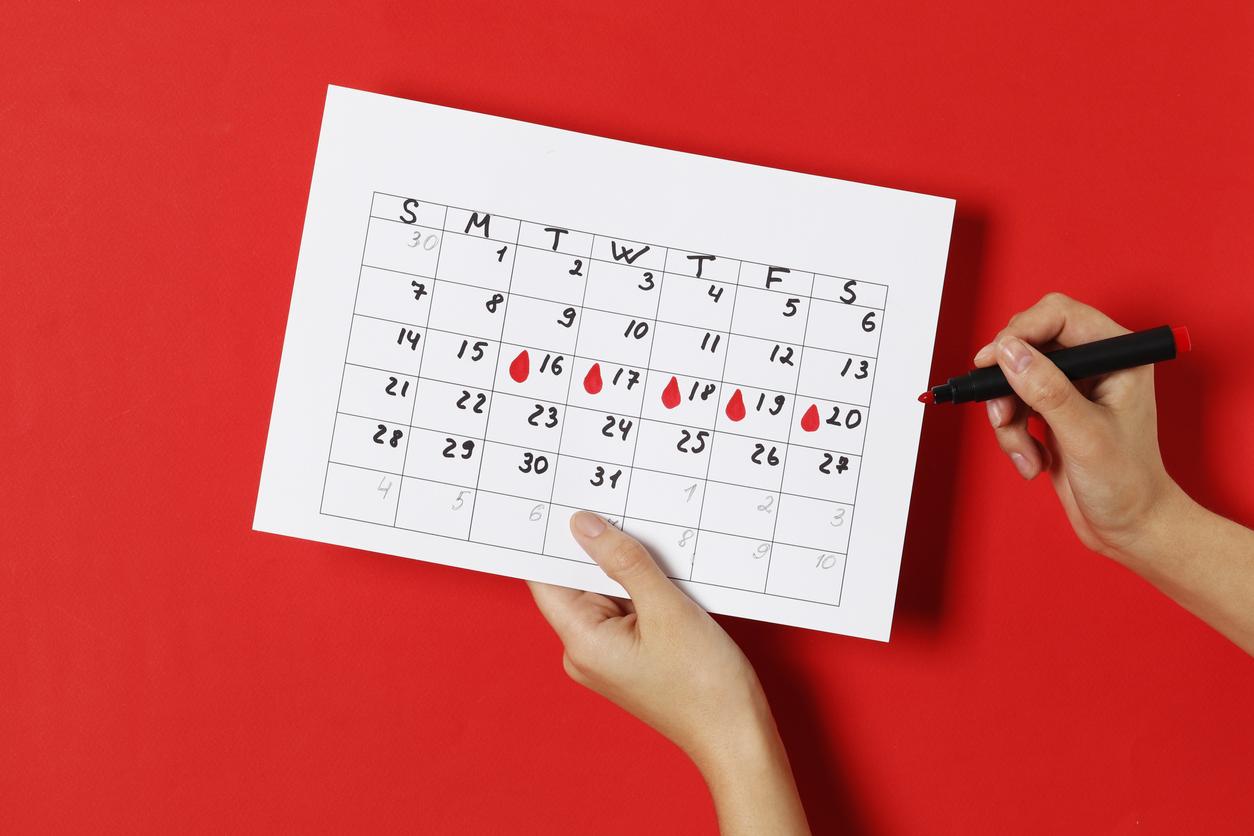Staying in shape and living a long life, without depriving yourself, is possible! It is in any case the philosophy many Japanese. Nicolas Chauvat, expert in immunology, trained at the Universities of Harvard and Kyoto, talks about it in the recently published book, The golden rules of longevity (ed. Guy Tredaniel).
” Living in China and Japan, where I currently reside, I quickly became interested in different medicinal plants. What impresses me the most in these countries is not the life expectancy as such, but the fact of regularly meeting octogenarians with an incredible energy that allows them to continue to fully enjoy each day of their existence “, shares the author.
In some areas of Japan, such as the island Okinawan (archipelago off the coast of Japan), there are indeed five times fewer diseases such as cancer, diabetes or cardiovascular disorders. This territory which we call island of longevity » holds the greater life expectancy of the planet and there are exactly 42 centenarians per 100,000 inhabitants… three times more than in France!
If you want to dig into their lifestyle habits and imitate them, start by review your diet and your alcohol consumption. Insight.
Bet on a breakfast rich in proteins and lipids
The fact that a food is good or not for health does not depend solely on its nutritional quality and the quantity that we absorb, explains Nicolas Chauvat. But of timing ! Yes, when you eat this or that food will have a big impact.
The Japanese have a habit of agreeing a hearty, high-calorie breakfast.
” They do, however, eat eggs in the form of an omelet, fish, sometimes meat or tofu, and rice, but in small quantities. This breakfast differs from ours by a very low intake of carbohydrates compared to proteins and lipids. This allows them to last until lunch without the need to snack “.
If this habit is beneficial, it is because it is adopted in the morning. Eat the same calorie foods at dinner, and the effect will not be the same. It has already been proven that in the evening, the meal should be as light as possible so as not to interfere with sleep.
Choose your sugars better
“ Historically, the Japanese consume very little fruit in any form (fruit juices and alcohols made from fermented fruits) “. In addition, pastries in the morning as well as desserts at lunchtime and snacks are not part of their eating habits.
” Unlike Westerners who use large quantities of table sugar (sucrose), composed of half glucose and fructose, or honey, which contains more than 50% fructose, the Japanese have developed another type of sugar, mizuame. , a syrup made from rice and malt that mainly contains glucose units bonded together to form a polymer “.
And you should know that the washoku (traditional Japanese cake) is certainly rich in carbohydrates, but less rich in fructose than Western diets.
If you are prone to overweight, avoid consuming too much fruitsof Honey and, of course, of sugar.
Feed your brain
You can rethink your eating habits in a way that allows your brain to guard against excessive stimulation and to let go. ” Traditionally, apart from milk in the morning, the Japanese consume very little dairy during lunch and dinner. Their meals are distinguished from ours by their high content of marine magnesium (fish, shellfish and seaweed) and low calcium content. In the afternoon, they regularly drink cups of green tea “, details the author.
Consume food rich in magnesium is essential for the regulation of neuronal and muscular activity
Reduce alcohol and take certain precautions when consuming it
The drinks alcoholic are not safe, even when consumed in small doses. However, they are deeply rooted in our Western habits.
Traditionally, the Japanese consume alcohol with their colleagues or friends mainly in izakaya, kinds of small bars where you can find a wide selection of alcoholic drinks and eat small dishes. During these alcoholic meals, the Japanese eat mainly raw fish, meat, vegetables, mushrooms, eggs, but very little starch. The portions of pasta or rice are small and they don’t often have dessert.
Before you start drinking if you go out, eat a small dish and don’t start Never by strong alcohol. Prefer a light meal, rich in protein, with a few good fats and very few carbohydrates. Finish the meal with a antioxidant-rich drink and in water (to counter alcohol-related dehydration, such as a tea or herbal tea.
Do not consume the tea anyhow
The Japanese used to drink tea green sencha infused three times several times a day between meals.
” Spread the intake of antioxidants (drinks or food) throughout the day, as they are largely eliminated through the urinary tract after a few hours », recommends the author.
” Keep the antioxidant drinks in the mouth for a few seconds before swallowing them to increase the assimilation of catechins thanks to the capillarity of the underside of the tongue “.
Also, avoid green tea during meals if you are vegan : antioxidants reduce the absorption of iron contained in plants.
Finally, let the tea steep for a long time or steep it several times to fully extract the catechins.
To read to go further : The golden rules of longevity (ed. Guy Tredaniel)

















